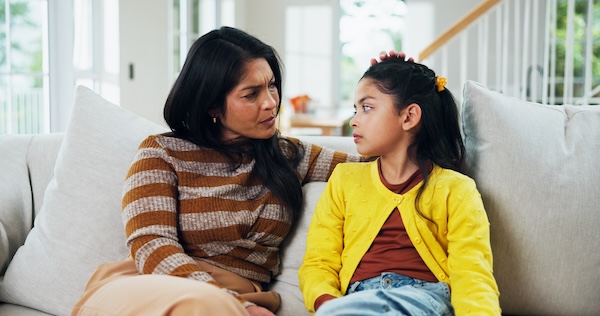Drag
Select
Call Now
Too Much Screen Time - New Study Links Specific Types of Tech Use to Worse Mental Health in Youth
Kid
Teen

Youth with elevated screen time had more severe symptoms—93% reduced their usage and improved outcomes during care with Bend Health
MADISON, Wis., (May 5, 2025) – Excessive screen time may be doing more than just replacing play or sleep—new research finds that it may be contributing to worsening mental health symptoms in America’s youth. A new study from Bend Health, a national provider of pediatric mental health care for children, teens, and young adults, shows that children with higher screen use—specifically video streaming, internet use, and gaming—tend to have more severe symptoms of anxiety, depression, and ADHD-related behaviors.
The study also found that youth receiving care through Bend’s collaborative model experienced significant improvements in screen time behaviors—93.1% of those with elevated use reduced their screen time, and more than half no longer met the threshold for elevated use by the end of treatment.
Published in Frontiers in Digital Health, the study analyzed retrospective data from 2,835 children ages 6–12. While the relationship between digital media and child mental health has long been debated, this research adds clarity by linking specific screen use behaviors to clinical symptom data—and demonstrates that screen time can decrease alongside improving mental health outcomes when care is targeted and coordinated.
“We know that screen time is part of everyday life, but when it becomes excessive or emotionally driven, it can be a signal of something deeper,” said Dr. Monika Roots, Co-founder, Chief Medical Officer and President of Bend Health. “This study reinforces that not all screen use is equal—and that some kids may be more vulnerable to the negative effects of technology, especially when they’re already struggling with mental health challenges.”
Key Findings:
- At the start of care, nearly all children (98%) used screen media, with 58.3% of caregivers self-reporting their child’s use as problematic and 23.2% using more than four hours per day.
- Higher screen time was associated with more severe symptoms of depression, anxiety, and ADHD-related behaviors. Specific media types—such as video streaming, internet use, and gaming—were linked to inattention, hyperactivity, and oppositional behavior.
- During care, 93.1% of children with elevated screen time reduced their usage. By the end of treatment, 84.2% had reduced their screen time, and 55.3% no longer met the threshold for elevated use.
- Children who began care with high screen time saw slightly greater improvements in anxiety and inattention than peers with lower screen use.
“Almost every parent or caregiver I talk to is trying to figure out how to manage screen time—and it’s hard,” said Dr. Roots. “This study helps move beyond the ‘screens are bad’ narrative. It shows that screen time may be a reflection of underlying distress, and that when we treat the root causes, screen use often improves alongside mental health symptoms.”
The findings suggest that addressing screen use in mental health care—compassionately and without judgment—can be a powerful opportunity for early intervention. It also highlights the need for personalized, measurement-based care that considers not just how much time kids spend online, but what they’re doing—and why.
This work is part of Bend’s broader commitment to evidence-based, outcomes-driven care. With 11 peer-reviewed published studies to date, Bend is building one of the most robust clinical evidence bases in pediatric mental health and continues to invest in research that helps families access care that works.




